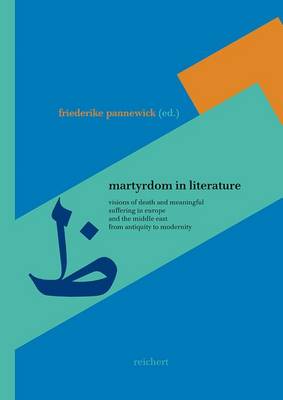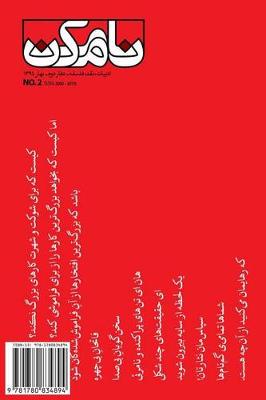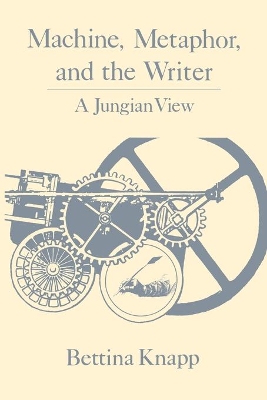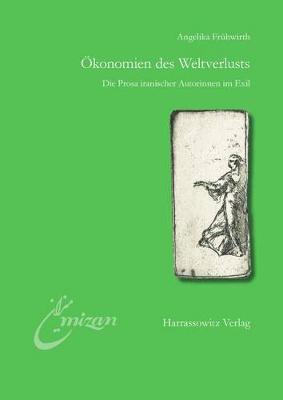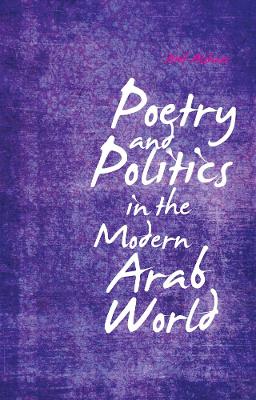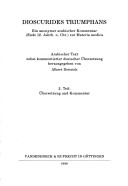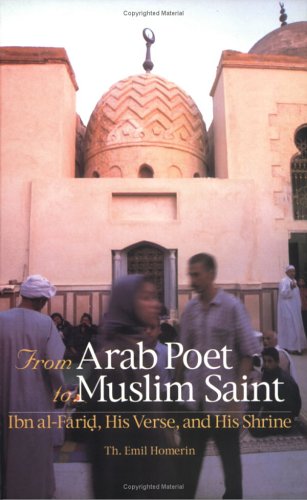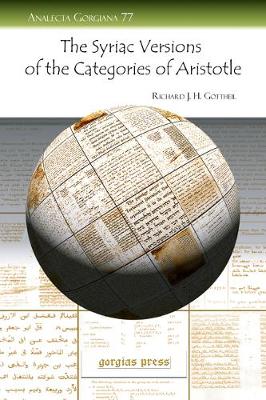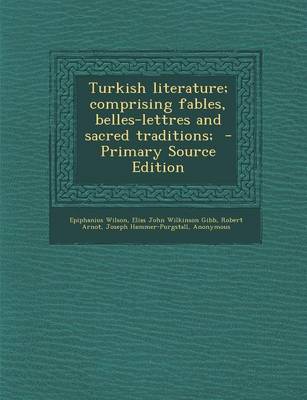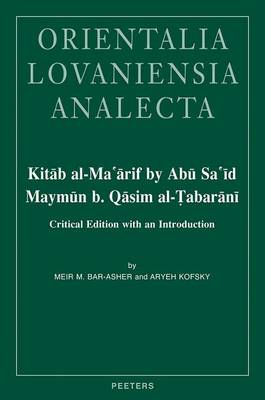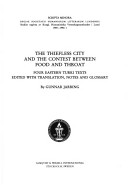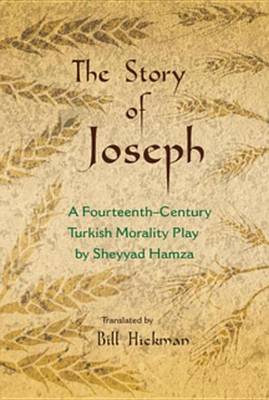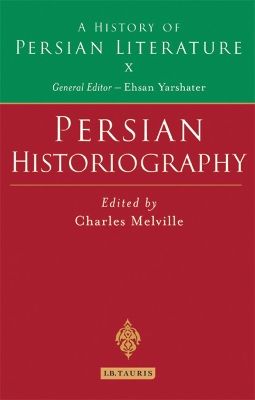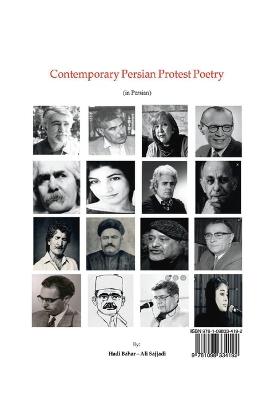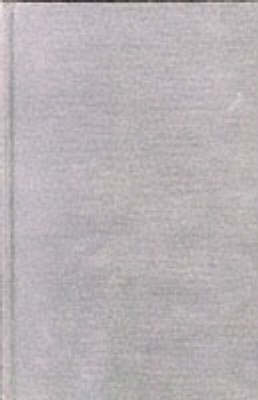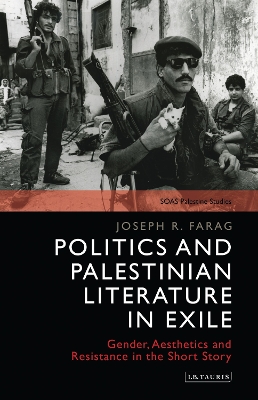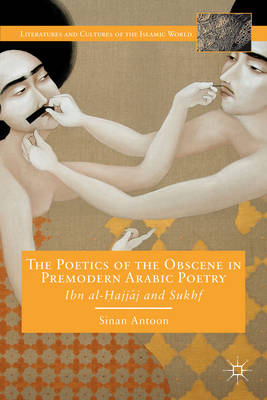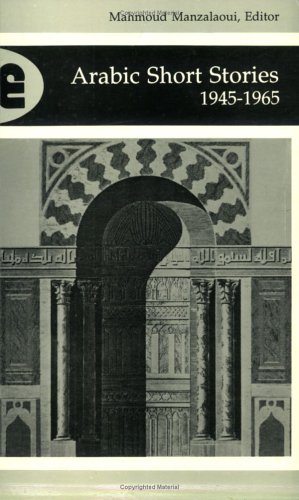Martyrdom in Literature (Literaturen Im Kontext. Arabisch - Persisch - Turkisch, #17)
The brilliant and far-reaching comparative and interdisciplinary work explores the impact of the machine on the literary mind and its ramifications. Knapp displays an unusual command of world literatures in dealing with a topic that is of outstanding importance to a broad field of scholars and generalists, including those concerned with contemporary literature, comparative literature, and Jungian theory. It is very much in line with the current trend toward interdisciplinary studies. Knapp offe...
The representation in poetic form of political events and ideas in the Arab world since the nineteenth century is this book's principal theme. Atef Alshaer demonstrates an integral connection between poetry and politics, reflecting the holistic character of Arab culture as well as the longstanding embodiment of poetry in the socio-political life of the Arabs. The shared Arabic language and common cultural heritage that Arabs have encompass and mirror widespread Arab concerns about their societie...
Dioscurides Triumphans (Abhandlungen der Akademie der Wissenschaften Zu Gottingen. P, 172/173)
Through a detailed examination of a renowned Arab mystical poet, Th. Emil Homerin provides one of the first case studies to illustrate an obscure aspect of popular Islamic faith - the sanctification of saints and the creation of shrines in medieval times. Despite the fact that Muslims have venerated saints for more than a thousand years, Islam has never developed a formal means of canonization, and the process of sanctification remains an important but largely neglected dimension of Islamic scho...
The Syriac Versions of the Categories of Aristotle (Analecta Gorgiana)
by Richard J H Gottheil
The History of Ottoman Poetry, published between 1900 and 1909 in six volumes, is the most important fruit of E J W Gibb's long devotion to Turkish literature. Only one volume had appeared in print by the time of his early death in 1901 but the remainder was almost complete and was seen through the press by E G Browne. It was designed to give the English reader a clear account of the subject. The first volume includes discussions of themes, verse forms and rhetoric and also of the earliest West-...
Turkish Literature; Comprising Fables, Belles-Lettres and Sacred Traditions;
by Epiphanius Wilson, Elias John Wilkinson Gibb, and Dr Robert Arnot
Kitab Al-Ma'arif by Abu Sa'id Maymun B. Qasim Al-Tabarani (Orientalia Lovaniensia Analecta, v.209)
by Mosheh Bar-Asher and Aryeh Kofsky
The Nusayri-'Alawi faith is an excellent example of a syncretistic esoteric religion with self-conscious elite who zealously guarded its sectarian literature. The faith fuses elements of cults and creeds of ancient pagan religions, Persian religion, Christianity, Gnosticism, Sunni and especially Shi'i Islam, in a syncretistic system that is clothed in heterodox Shi'i garb. This book presents a critical edition and study of Kitab al-Ma'arif (Book of Knowledge), authored by the early 11th century...
Ancient Egyptians
The Thiefless City and the Contest Between Food and Throat (Scripta minora 1989-90:1)
Persian Historiography (History of Persian Literature)
Persian literature is the jewel in the crown of Persian culture. It has profoundly influenced the literatures of Ottoman Turkey, Muslim India and Turkic Central Asia and been a source of inspiration for Goethe, Emerson, Matthew Arnold and Jorge Luis Borges among others. Yet Persian literature has never received the attention it truly deserves. "A History of Persian Literature" answers this need and offers a new, comprehensive and detailed history of its subject. This 18-volume, authoritative sur...
Prose Poem and the Journal Shi R, The: A Comparative Study of Literature, Literary Theory and Journalism
by Otared Haidar
A new History of Persian Literature in 18 Volumes. Persian literature is the jewel in the crown of Persian culture. It has profoundly influenced the literatures of Ottoman Turkey, Muslim India and Turkic Central Asia and been a source of inspiration for Goethe, Emerson, Matthew Arnold and Jorge Luis Borges among others. Yet Persian literature has never received the attention it truly deserves. A History of Persian Literature answers this need and offers a new, comprehensive and detailed history...
Mawlana Jalal al-Din Rumi's great poem, the Mathnawi is one of the best known and most influential works of Muslim mysticism. Nicholson's critical edition is based on the oldest known manuscripts, including the earliest, dated 1278 and preserved in the Mevlana Museum at Konya. It remains the standard text and is provided with diacritical marks to assist the student. The commentary, planned to be useful both for specialists and others, in addition to explaining numerous textual questions, traces...
Politics and Palestinian Literature in Exile (SOAS Palestine Studies)
by Joseph Farag
Despite, or even because of their tumultuous history, Palestinians are renowned for being prolific cultural producers, creating many of the Arab world's most iconic works of literature. In particular, the Palestinian short story stands out for its unique interplay between literary texts and the political and historical contexts from which they emerge. Palestinian Literature in Exile is the first English language study to explore this unique genre. Joseph Farag employs an interdisciplinary approa...
The Poetics of the Obscene in Premodern Arabic Poetry (Literatures and Cultures of the Islamic World)
by S. Antoon
The pre-modern Arab poet Ibn al-Hajjaj (941-1001) left an indelible mark on the trajectory of pre-modern Arabic poetry and culture by pioneering and popularizing a new mode of poetry, sukhf - obscene and scatological parody. His outrageously obscene poetry was admired by his contemporaries, as well by poets and critics of later periods. The modern period, however, has not been nearly as kind to Ibn al-Hajjaj. Sinan Antoon argues that the reasons for this oversight are ideological, for the most p...
The Shahnameh (the Book of Kings) (Shahnameh (the Book of Kings))
A collection of stories by some writers already known in translation to Western reader--Tewfik el Hakim, Naguib Mahfouz, Youssef Idris--and others less well known outside the Arab world, this book offers a sampling of a literary form which showed a particularly interesting and vigorous development during the two decades after the Second World War.
